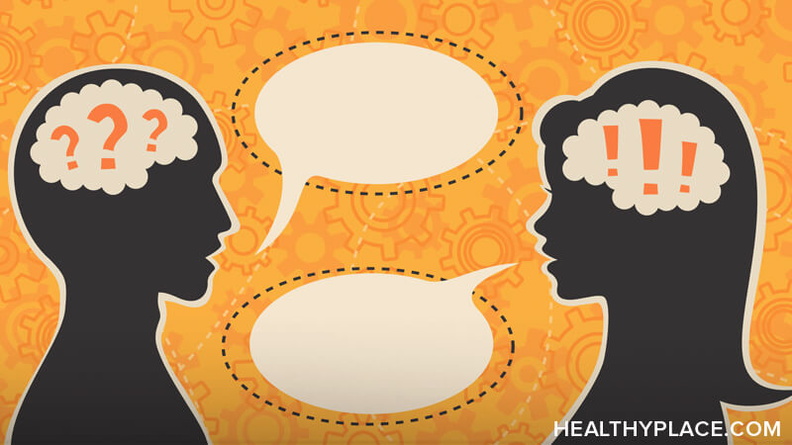Breaking Bulimia's Culture of Secrecy

Secrecy and bulimia (and all eating disorders) often go hand in hand. But this is especially true for bulimia, where people struggling with the illness may not appear to be unwell. There are so many unspoken layers of complexity to the disease that a person can suffer for years without getting the help that they need. But breaking the secrecy around bulimia is one of the best antidotes to isolation and stigma. By opening up and sharing their difficulties around food with others – even anonymously – people can stop the illness from worsening over time. Talking about it out loud is often the first step towards healing. So, how do people go from years of silence and secrecy about bulimia to admitting that they have a problem?
The Challenges of Removing Bulimia's Secrecy
Secrecy may begin as a form of self-protection. Bingeing and purging are usually done in secret. Despite the chaos, many people somehow still believe they've got their eating under control. They might be terrified of being “found out.” So, they master the art of secrecy.
Silence is like an ominous cloud that hangs over you. Over time, it only becomes darker, denser and more suffocating. Secrecy and self-denial are often the greatest obstacles to eating disorder recovery, and a significant step towards healing entails honesty and openness. But talking about bulimia can be challenging. After living as an undercover bulimic for so many years, it can feel almost impossible to suddenly expose an illness that has become so heavily shrouded with shame. You may have learned to identify and recognize yourself through isolation, and expressing or even admitting that you have a problem can feel utterly foreign.
Lifting the Veil of Secrecy Around Bulimia
It was only when I started talking about my difficult relationship with food that it saw for what it was: an eating disorder that I needed help for and could gradually overcome. Looking back, I wish I had found the strength to open up about it sooner. Research shows that people who seek treatment early for an eating disorder are more likely to experience a thorough recovery.
Talking with a mental health professional or someone that you trust may be your first step. There are also several 12-step programs geared towards helping people with food-related mental illness where people can share their experiences with other survivors in support group meetings. Not only can sharing help you feel less alone, but it can help you understand how you might be able to break free from the shackles of your illness.
There are different forms of treatment available for people struggling with bulimia. Some may need an inpatient program, while others can benefit from outpatient care. It's also possible to pursue recovery through the 12 steps - although the evidence-base for its efficacy is still limited. Your doctor can talk you through your options or refer you to a mental health professional who specializes in eating disorders.
An eating disorder can be extremely difficult to talk about. But as a society, we can help survivors access treatment sooner and receive better care by raising awareness and stifling the stigma around these conversations. If you're coping with an eating disorder, you don’t have to suffer in silence. An eating disorder is not a lifestyle choice, a weakness, or a character flaw. It’s a mental health problem and it’s entirely possible to recover.
How did/ does the secrecy around bulimia and other eating disorders affect your willingness to reach out for help?
APA Reference
Redif, Z.
(2019, September 27). Breaking Bulimia's Culture of Secrecy, HealthyPlace. Retrieved
on 2025, November 29 from https://www.healthyplace.com/blogs/survivinged/2019/9/breaking-bulimias-culture-of-secrecy